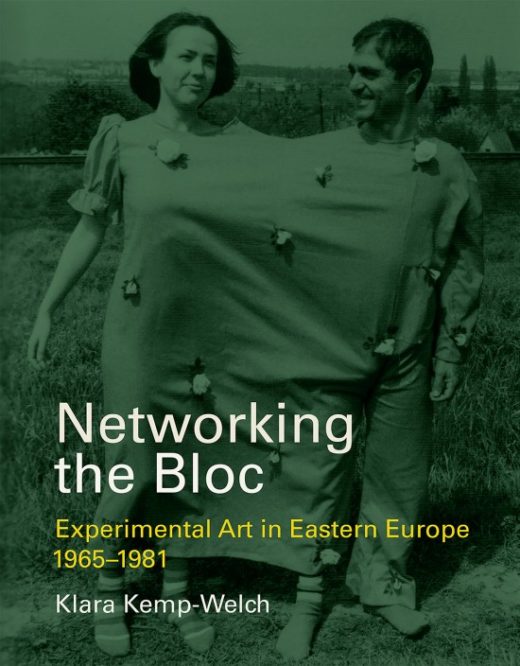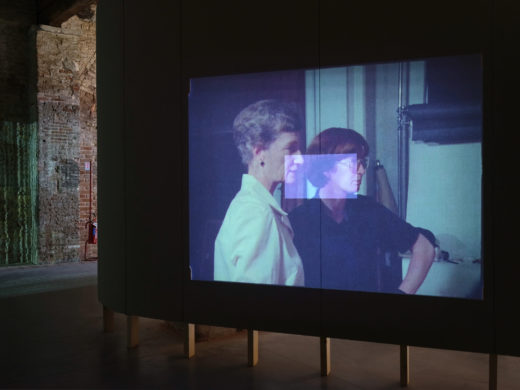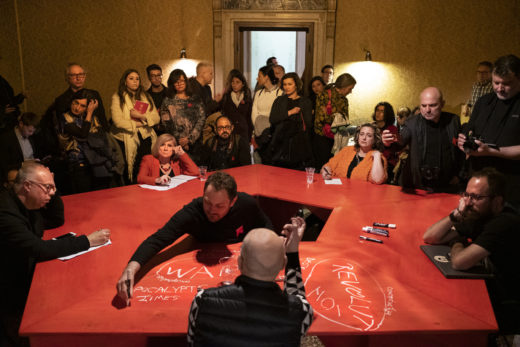Networking the Bloc: Experimental Art in Eastern Europe 1965-1981
Klara Kemp-Welch, Networking the Bloc: Experimental Art in Eastern Europe 1965-1981 (Cambridge, MA: The MIT Press, 2019), 480PP.
Authoritative, yet written in a colloquial tone in keeping with the human connections it delves into, Klara Kemp-Welch’s long-awaited book Networking the Bloc: Experimental Art in Eastern Europe 1965-1981 offers an insightful account of experimental art in Eastern Europe during the Cold War period. Its main intention is to “challenge the idea that experimental artists in the Soviet bloc operated in isolation,” by examining how people, objects, and ideas connected and circulated across the countries behind the Iron Curtain. The evidence gathered … Read more







